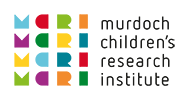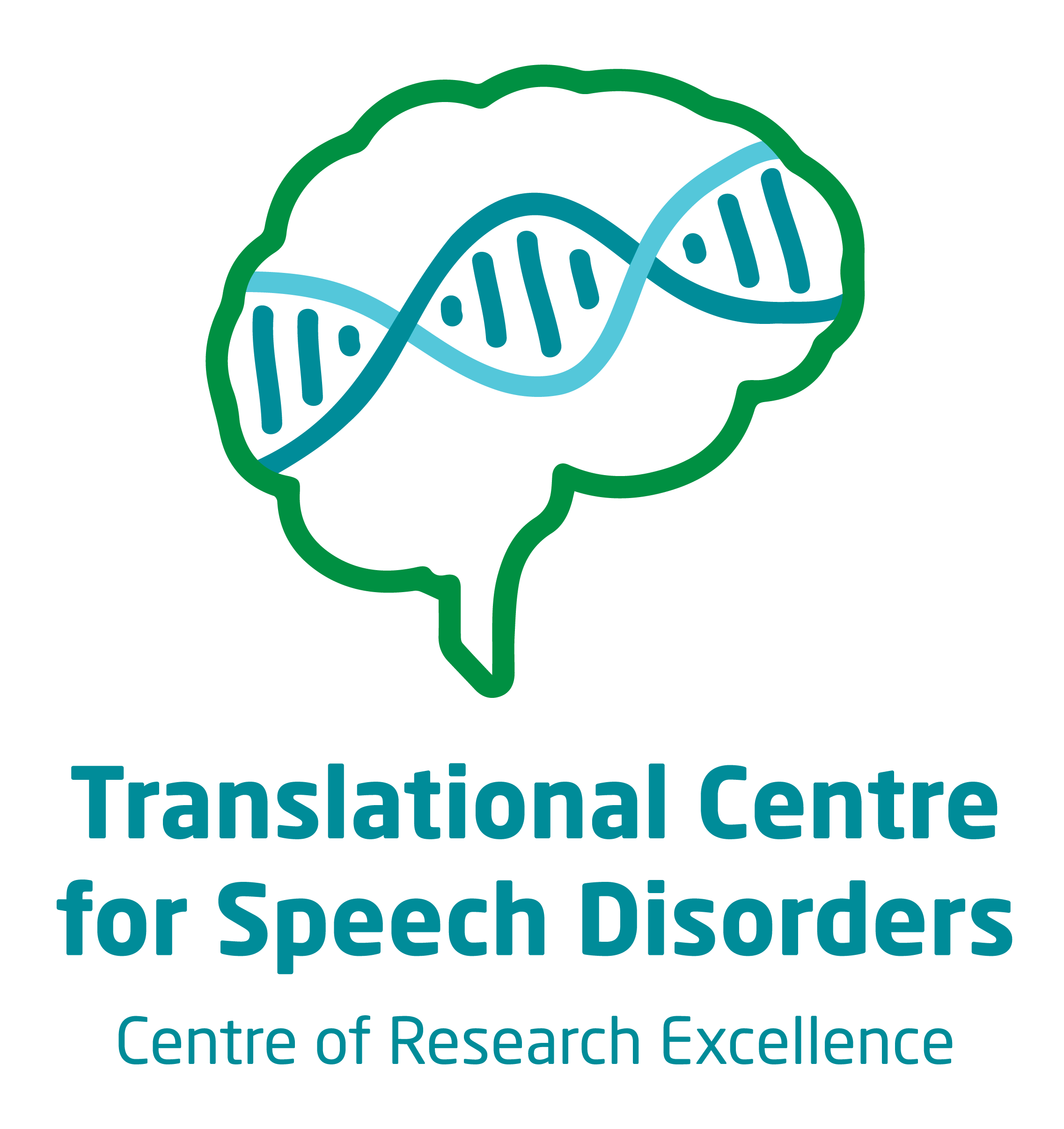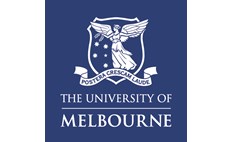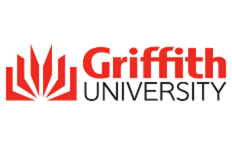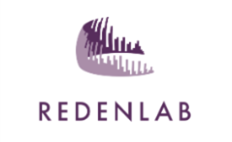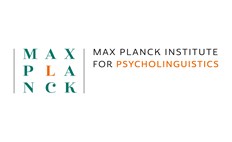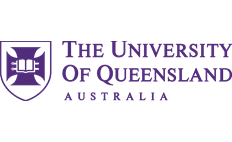How is Childhood Apraxia of Speech treated?
Early therapy with an SP can improve your child’s ability to communicate and reduce frustration. Like with any skilled movement, practice or therapy is usually most successful when it happens several times a week. While some children overcome CAS with therapy, others find therapy improves their ability to communicate but does not change the concentration CAS demands or the tiredness it can cause.
The type of therapy will depend on:
- the child’s symptoms
- their age
- the severity of their condition, and;
- any other health or development problems they have
Existing treatments have varying levels of efficacy for treating CAS, including:
- Nuffield Dyspraxia Program (NDP3)
- Rapid Syllable Transition Treatment (ReST)
- Dynamic Temporal and Tactile Cueing (DTTC)
- Prompts for Restructuring Oral Muscular Phonetic Targets (PROMPT)
You should ask your SP about how effective these programs (or the ones they are recommending) will be for your child given their age and symptoms. Therapy may also include activities designed to strengthen language and skills, given children with CAS have a greater risk of problems with these skills.
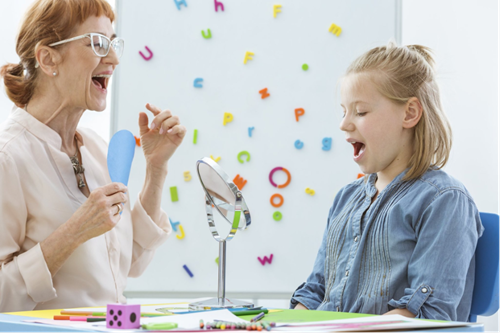
Children who are experiencing great difficulty with the production of verbal speech may also benefit from multi-modal forms of communication (e.g., sign language or communication devices). These are also known as augmentative or alternative communication (AAC) options. Many parents are concerned that use of AAC may reduce their child’s verbal speech and language development. However, evidence suggests that providing children with more/easier communication options can reduce frustration and will encourage language and speech learning. For example, being able to produce sentences with a digital device is very powerful for a child who has difficulty producing one syllable words and helps support learning of sentence structure and grammar.
Further to speech and language focused therapies, your child may also benefit from seeing:
- Psychologists/counsellors, if they are struggling at school with learning or social relationships
- Occupational therapists/physiotherapists, if they have fine/gross movement challenges
- Neuropsychologists, if they have trouble with attention, memory, or other cognitive areas
We are running the first pharmaceutical trial for Childhood Apraxia of Speech to determine whether a pharmaceutical intervention can assist with Childhood Apraxia of Speech treatment. Learn more about our pharmaceutical trial for Childhood Apraxia of Speech.
